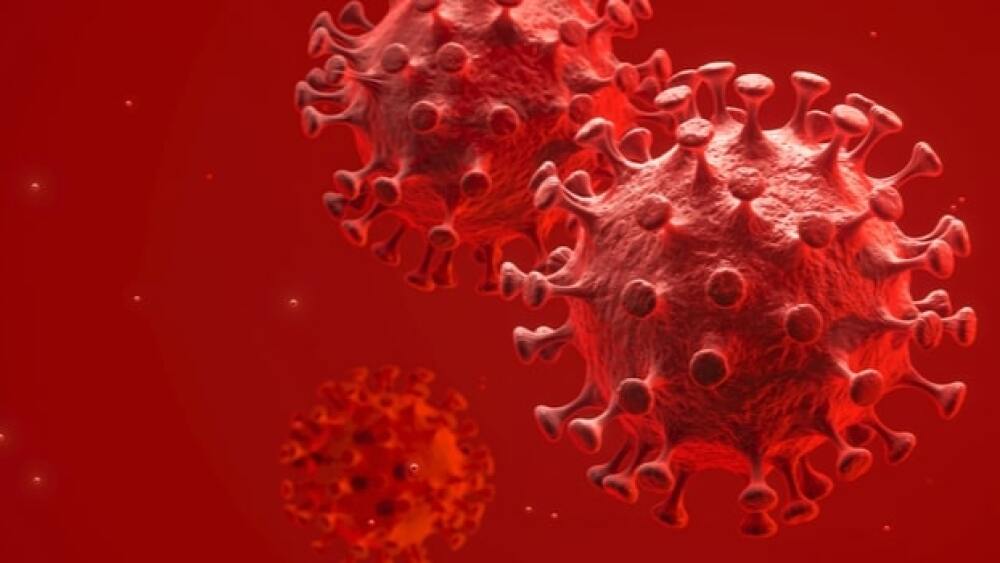A new and more easily transmissible strain of COVID-19, dubbed VUI-202012/01, has now been reported in at least six different countries and global territories since it first appeared in the U.K. a few weeks ago.
A new and more easily transmissible strain of COVID-19, dubbed VUI-202012/01, has now been reported in at least six different countries and global territories since it first appeared in the U.K. a few weeks ago. Experts warn this new mutated strain will likely become the dominant global strain of the virus, with no conclusive word yet on how the currently authorized COVID-19 vaccines will impact this strain.
Just like other viruses, the SAR-CoV-2 novel coronavirus, which is responsible for COVID-19, mutates over time. In the summer, researchers noted that mutated SAR-CoV-2 strains were already spreading quickly across Europe and the U.S. This new variant of the virus features a mutated S spike protein, making it approximately 10 times more infectious than the original strain first documented in Asia. At the time, the mutated virus did not appear to make COVID-19 more deadly, but its higher infectious potential made it highly concerning.
In early December, it was found that SARS-CoV-2 was still mutating, although slower than anticipated. At the time, researchers found the virus had mutated into seven major strains, based on an analysis of 185,000 genome samples from the Global Initiative on Sharing All Influenza Data. A specific mutation, D614G, was reportedly the most common variant of the virus.
People responsible for tracking the prevalence of the VUI-202012/01, however, say this mutated strain may indeed become the most prevalent across the globe. It was reported on Monday that VUI-202012/01 has been identified in Gibraltar, making this British Overseas Territory the fifth place outside of England where it has been rapidly spreading.
To date, the new strain has also been confirmed in Denmark, the Netherlands, Australia and Italy. Unverified cases of VUI-202012/01 have also been reported in Belgium, France and South Africa. Olivier Veran, the French health minister, has said it is possible the new COVID-19 mutation is circulating in France, but the new strain has yet to be detected in any tests.
The mutant strain has been primarily spreading in London and the South East of England, where experts believe account for around 60% of all new COVID-19 cases. Additionally, VUI-202012/01 has been confirmed in all regions in the UK, with Northern Ireland’s First Minister Arlene Foster suggesting the strain is circulating there as well.
Due to the circulating strain and the lack of knowledge surroundings its effects on morbidity and mortality, British Prime Minister Boris Johnson implemented a new Tier 4 lockdown in the U.K. to help curb the spread. This lockdown has halted travel to and from the country, effectively cutting off U.K. residents from Europe and most of the globe. Countries across Europe, the Middle East and the Americas have banned travel for the country, while Greece and Spain have announced restrictions that require British travelers to undergo a COVID-19 test or quarantine. On Sunday, Canadian Prime Minister Justin Trudeau made the decision to ban travel from the U.K. for at least 72 hours.
There is currently little research to indicate COVID-19 vaccines currently authorized for emergency use, namely Moderna’s mRNA-1273 and Pfizer/BioNTech’s BNT162b2, are effective or ineffective against the new strain.
But according to Vin Gupta of the Institute for Health Metrics and Evaluation in an interview with CNBC, these vaccines should be able to combat infection from the new variants because the new strains are likely genetically similar to previously documented strains. Gupta noted that the Moderna and Pfizer/BioNTech vaccines efficacy to produce antibodies against COVID-19 is “extraordinary,” and he suggests there shouldn’t be “changes at the genetic level” that would impact the performance of the vaccines.





